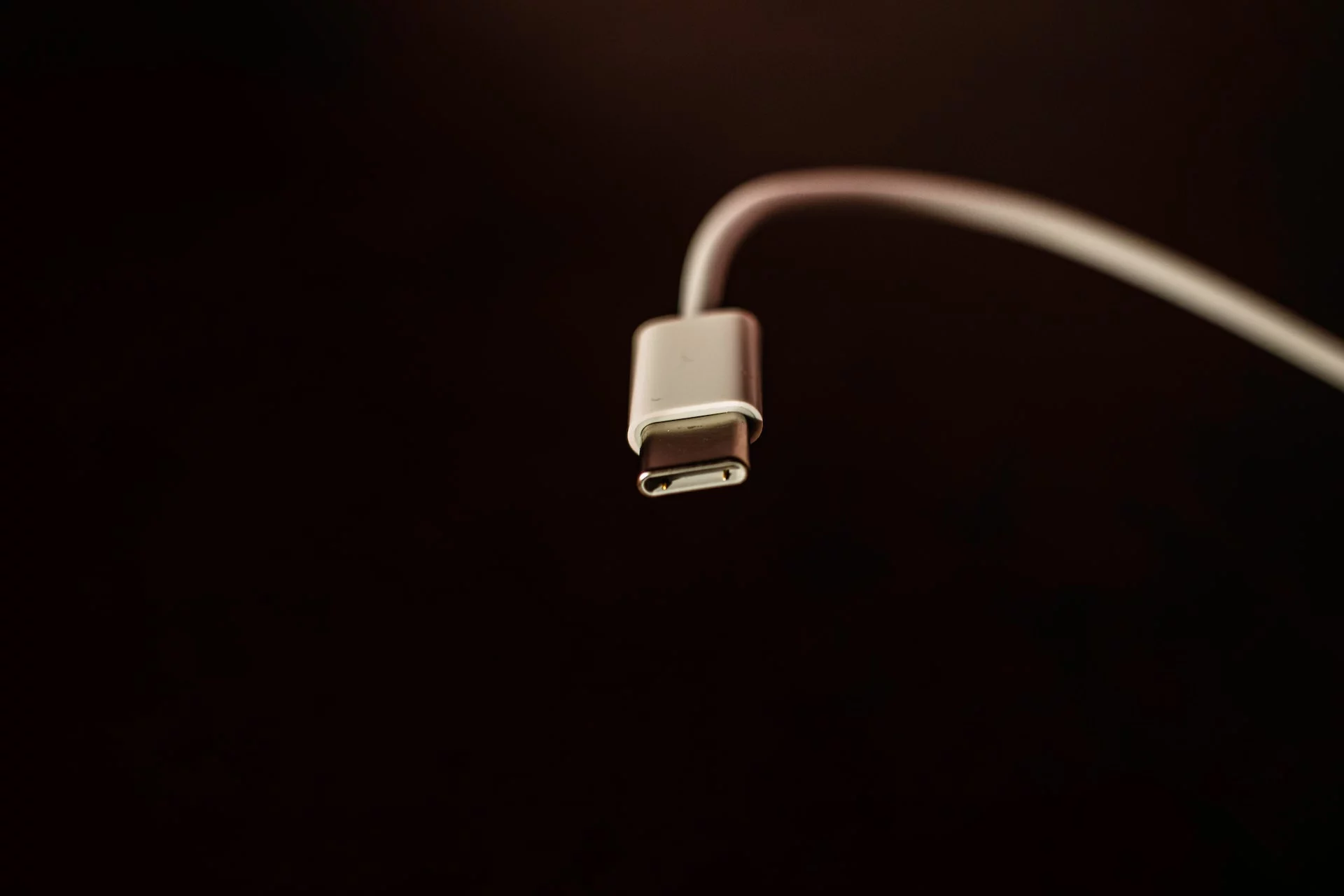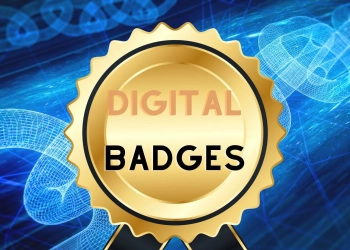Earlier this week, Apple announced that the future iPhone would be equipped with USB-C ports instead of lightning. Since then, there’s been a rumble in the market about what happens to the lightning ports. Is Apple making them obsolete?
Well, it may not be the case as in a rare occurrence this week, Apple provided some clues that might provide hints to future planning.
However, it is entirely true that Apple agrees to comply with the mandate of the European Union about adopting USB-C in the region in 2024. Even Apple’s senior vice president of worldwide marketing confirmed the same at Wall Street Journal Tech Live, “Apple has no choice here, and we are ready to comply with the local laws in the same way it does around the world.”
But this doesn’t mean that Apple is going to neglect the lightning port completely. As per reports, the tech giant is planning to use the lightning port in different ways, and it might play a much more significant role in the iPhone lineup than expected. This usability is supported due to the accessories that still support the lightning port.
It can be expected that from 2024 onwards, Apple will be selling two types of iPhones in the market, one with a USB-C connector and one with a lightning connector. This would let the customer choose what they want to buy. But this is just an estimate as of now, and things can change anytime.
Today, a multitude of Apple products still use the Lightning connector, including the iPhone, iPad, and AirPods. Apple also sells a variety of Lightning-based accessories, such as the lightning to USB cable and the lightning digital AV adapter, etc.

Although the change will take a while to complete, the move to USB-C will be an improvement for iPhone owners in the long run. It will make it possible to charge some recent iPads, Macs, and iPhones with a single cable. That’s why the EU made USB-C mandatory – because it was inevitable.
Further, the rumors related to Apple’s move are always on top, and the recent ones are that it might remove the option of wired charging completely. Apple has already begun removing traditional headphone jacks from iPhones in favor of wireless connection methods, which makes people think that anything can happen.
However, the marketing strategies of Apple also come in the way of this decision. Apple never discontinues its older iPhone models when the new one launches. Instead, the prices drop for the older ones, and a large number of people prefer buying them.
Therefore, there will still be a need for lightning cables and ports. Nonetheless, people who already are using the iPhone 11 or later might not be interested in a new phone. Also, many who buy iPhones would want to retain them for the next four to five years. So, they would still be swapping the cables.
Thus, so far, the decision to switch to USB-C is clear, and if it happens, it can be a great move toward using universal cables for all devices. But will it be a global standard? Well, that still remains a question!















